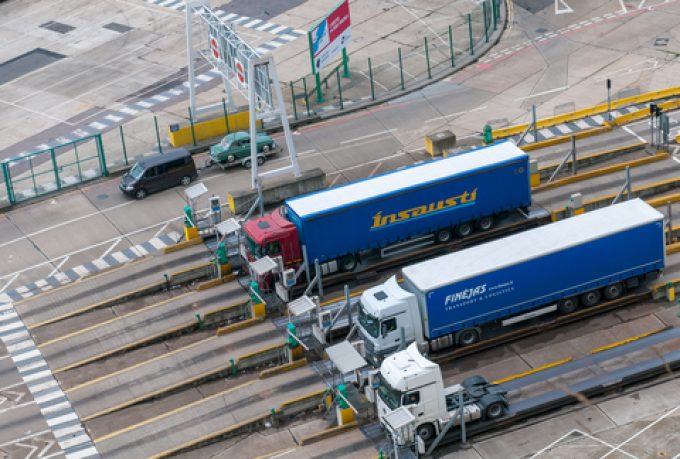UK-US trade deal brings tariff certainty – plus aerospace investment
The UK aerospace sector received two pledges of support today which should see heightened trade, ...

The British government’s aim to have “the most effective border in the world” is a long way off, according to the country’s National Audit Office (NAO), which found that repeated delays have meant ongoing uncertainty, increase in risk and the addition of unnecessary costs.
Yesterday, the ...


Comment on this article
Daniel Beaver
May 23, 2024 at 5:28 pmI just know whoever came up with the title of this article is so proud…as they should be!
Gavin van Marle
May 23, 2024 at 7:50 pmWell…